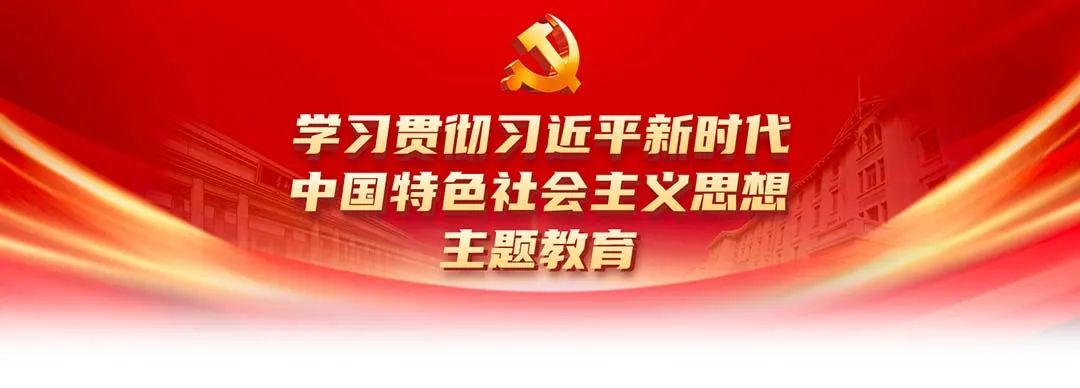
韧性城市
A resilient city
即具备在逆变环境中承受、适应和快速恢复能力的城市,是城市安全发展的新范式。主要指城市在面临自然和社会压力冲击,特别是遭受重大安全事故、极端天气、地震、洪涝、重大疫情等突发事件时,能够凭借其动态平衡、冗余缓冲和自我修复等特性,保持抗压、存续、适应和可持续发展的能力。国家“十四五”规划提出建设韧性城市,北京市于2021年印发《关于加快推进韧性城市建设的指导意见》,围绕城市空间韧性、工程韧性、管理韧性和社会韧性,从城市规划、建设、管理全过程和各方面,为推进北京市韧性城市建设进行了顶层设计。
This represents a new paradigm for safety development of cities, which refers to a city's ability to withstand, adapt to and recover quickly from an adverse or changing environment.
A resilient city is one that has built up a cushion against unexpected shocks, such as natural disasters and societal problems, in particular, major safety accidents, extreme weather, earthquakes, floods, major epidemics and other emergencies. A resilient city can reorient itself depending on the circumstances to deal with the pressure, adapt, survive, and quickly return to the path of sustainable development.
The 14th Five-Year Plan proposes to foster resilient cities. In 2021, Beijing issued the Guidelines on Accelerating the Building of a Resilient City, laying down a master plan for building up the city's resilience in areas including urban space planning, construction, urban management and society, so that resilience is integrated throughout the whole process of planning, development and management.









